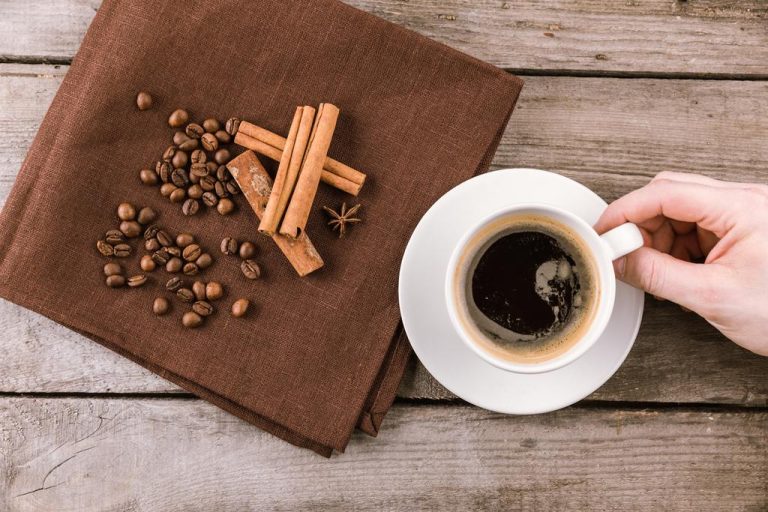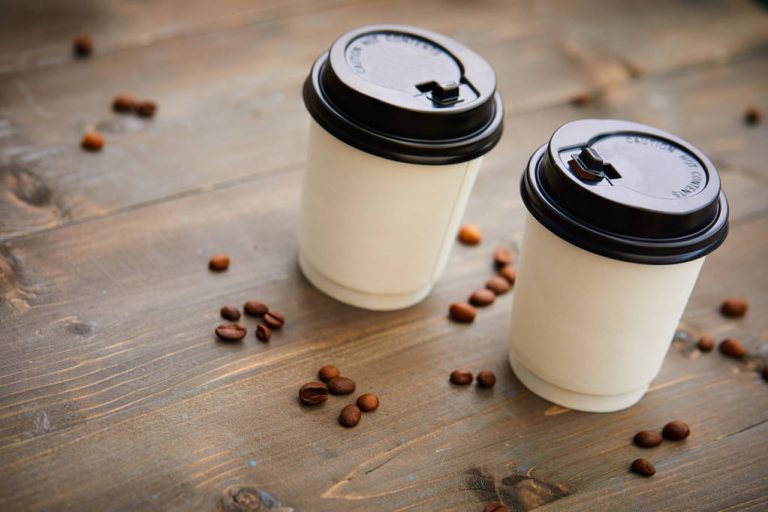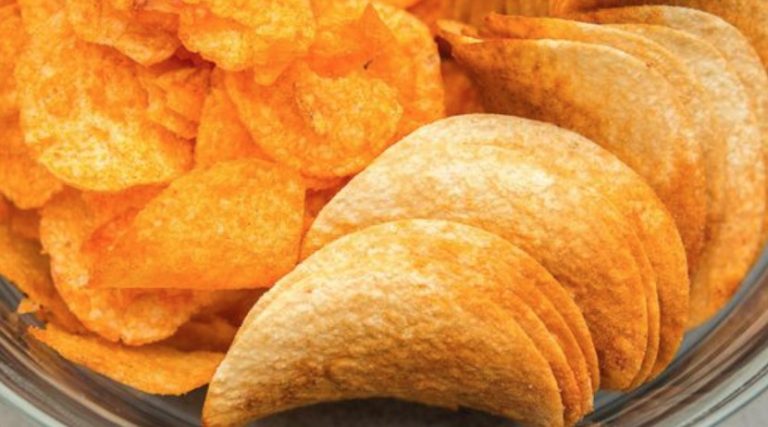Do you sometimes find yourself unable to stop yourself from eating chips and end up eating the whole bag? Then there is a simple scientific trick that will help you overcome your cravings.
Everyone probably knows the situation in which a chip bag is open and you feel like emptying the bag. However, the harder you try to do without it, the stronger the desire for it usually becomes. But how should you react when the desire to snack gets too big and tempts you to eat the whole packet of chips?
What the science advises: Acceptance

People who have a weakness for certain foods tend to avoid them. But distraction and repression tend to produce the opposite effect, as nutrition researcher Dr. Ancel Keys figured out back in the 1940s. He conducted a study of several men who were undergoing radical dieting. As a result, the participants, who consumed only 1600 kilocalories a day, talked about nothing but food.
In a more recent study, researchers also examined the connection between dieters and the craving for sweets. While half of the subjects were on a strict diet, the other half ate as usual. The only thing they had in common was that both groups were only allowed to snack from a box of chocolates at the end of the test series. All subjects cheated in this experiment, with the “diet group” even eating more chocolates than the comparison group, which ate normally.
From these experiments, the researchers concluded that it makes more sense to accept the desire and not to suppress it. Finally, a strict diet does not help to satisfy the craving for sweets. Instead, as the experts recommend, there’s a far better method: mindful snacking.
Mindful snacking as a simple trick
In a self-conducted study, Forman examined his observations of mindful snacking. To this end, he started an experiment with 190 participants who were supposed to implement certain acceptance and mindfulness strategies. After three years of observation, the subjects who followed his instructions were more likely to maintain their weight than those who suppressed thoughts about food. Forman derived special actions and tricks from this observation that you can easily put into practice:
Identify and recognize your cravings the next time you reach for that bag of chips. For example, you can say to yourself out loud, “I want chips/chocolate.”
Observe what the craving does to you: how does your stomach feel, maybe you are hungry and need a proper meal and a balanced diet? Are you afraid of eating the whole bag of chips? Are you sad or angry at yourself for possibly not being able to resist?
Rate the intensity of your cravings. Feel free to use a scale from one to ten: one stands for almost no desire, ten for very strong desire.
Accept your need and the feelings associated with it. Don’t try to suppress the desire convulsively.
Consciously enjoy the chips now. Oftentimes, you’re probably just continuing to eat out of habit. If you “taste” it consciously and slowly, you’re more likely to have enough after just a handful of chips. You are also practicing mindfulness at the same time.
Question whether you really like the chips or whether there are healthier alternatives like seasonal fruit, vegetables or nuts that you might like as well. You may be able to change your favorite snack in the future.

This means that if you force yourself to give up completely, you are actually promoting a relapse and the associated dissatisfaction. Rather, it makes more sense to internalize: There is nothing wrong with having needs. However, you can deal with these needs and cravings for chips, chocolate, and other addictive substances in different ways.









